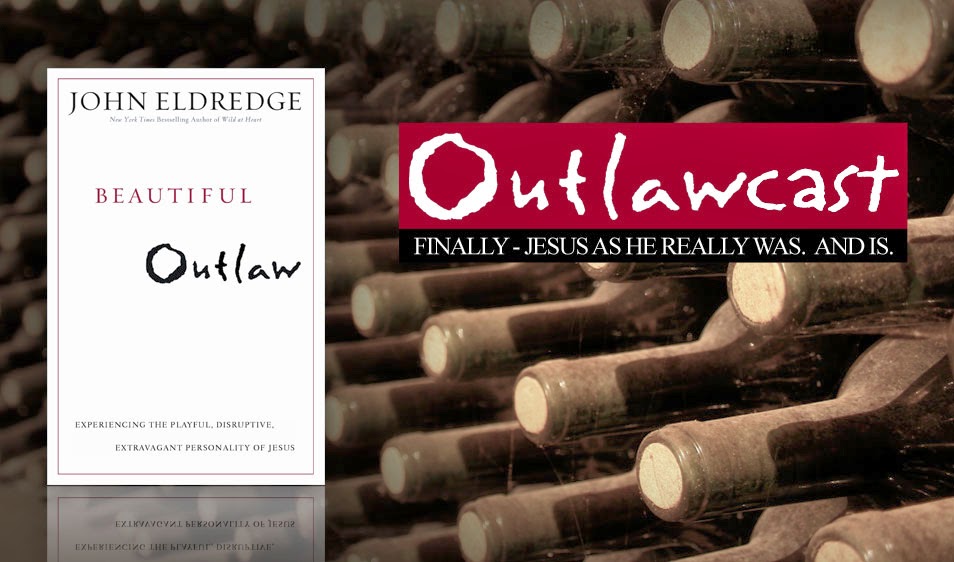I think it is good to evaluate your life, your strengths, weaknesses, desires, and to set goals accordingly. However, on our own strength we can do only so much. I submit that for too long we have been drinking the kool-aid of humanism...the belief that we can lead lives of "personal fulfillment" without the supernatural (i.e., without God). Speaking for myself, my self-imposed and self-enacted "resolutions" generally fade with time. Under the pressures of everyday life I tend to slip back into old habits. It was probably frustration over such failures that led to the statement "My new year's resolution is not to make any resolutions!"
What if instead of making a list of resolutions you sought vision for your life? Something that resonated deep within you, that you knew to be from beyond yourself, and perhaps even for which you were created? Vision that gave your life greater direction, purpose, and meaning? Wouldn't that be worth pursuing? I can attest that such a thing is possible, I have experienced it. So has my wife. As have countless other Christians. My prayer is that you too would too, even though yours would certainly be unique to you. I would like to stimulate you to pursue such vision this year!
The source of my finding such meaning, purpose, and vision has been from my faith in Jesus Christ. Christianity teaches that our Creator has good plans for us, plans to give us hope and a future (1). Jesus himself taught us to "Seek the Kingdom of God above all else, and live righteously, and he will give you everything you need" (2). The Psalmist (David) exclaimed "Delight yourself in the LORD and he will give you the desires of your heart" (3). The point is, God wants us to pursue him and the result will be an increase in his vision for our lives, which he prepared for us even before we were born (4)! Why settle for less than learning about your calling, discovering the deepest desires of your heart, living with the hope that there is a bigger picture out there and you get to play a special and unique part in it? Wow!
C.S. Lewis said "...if we consider the unblushing promises of reward and the staggering nature of the rewards promised in the Gospels, it would seem that Our Lord finds our desires, not too strong, but too weak. We are half-hearted creatures fooling about with drink and sex and ambition when infinite joy is offered us, like an ignorant child who wants to go on making mud pies in a slum because he cannot imagine what is meant by the offer of a holiday at the sea. We are far too easily pleased" (5).
To encourage you to accept this challenge for the new year, here is an exciting promise from God: "See, I am doing a new thing! Now it springs up; do you not perceive it? I am making a way in the wilderness and streams in the wasteland" (6). Do you want a fabulous "resolution" for 2012 (or any year, month, or day for that matter!)? Let God do this for you! It is possible and available to anyone who asks him.
_____________________________________
Footnotes:



















